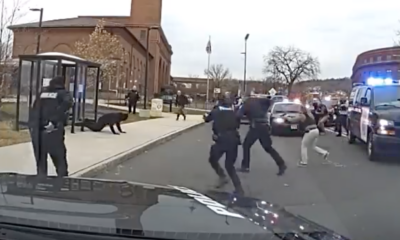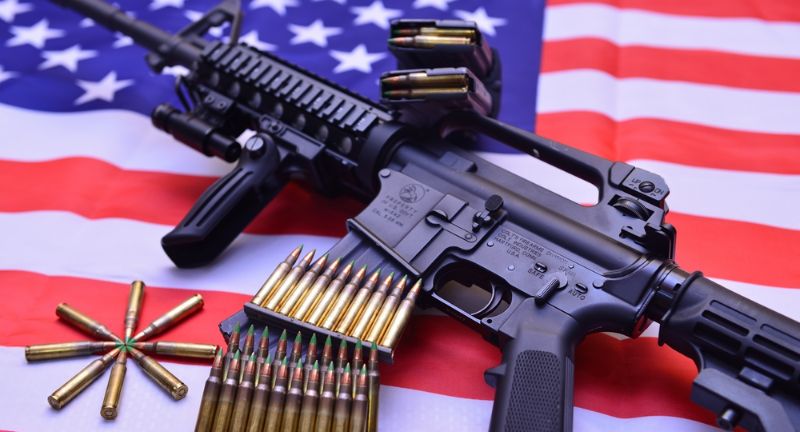
Shutterstock
The Supreme Court recently declined to hear a challenge against Maryland’s ban on rifles known as assault weapons. This decision leaves the state’s law intact, amidst ongoing national debates over gun control and Second Amendment rights. Maryland’s law, enacted in the aftermath of tragic mass shootings, aims to reduce gun violence by restricting access to certain semi-automatic firearms. The Court’s refusal to intervene at this stage underscores the complexity and contentiousness of gun legislation in the United States.
The legal battle is far from over, with lower courts still considering the case and potential future Supreme Court involvement. Advocates on both sides remain vigilant, anticipating further developments. The outcome of this case could have significant implications for gun laws nationwide. As the debate continues, the balance between public safety and constitutional rights remains a pivotal issue.
Supreme Court Declines Challenge

Shutterstock
The Supreme Court’s decision to decline the challenge to Maryland’s assault weapons ban marks a significant moment in the ongoing debate over gun control. By not hearing the case, the Court allows the existing law to stand, affecting gun rights and regulations in Maryland. This move signals the Court’s current stance on similar legislation across the country. The case continues to evolve as lower courts deliberate on its merits.
Background of Maryland’s Law
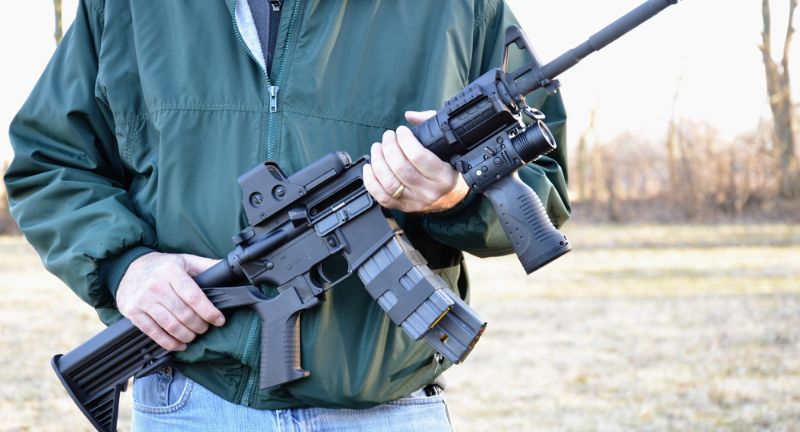
Shutterstock
Maryland’s gun control law, passed in the wake of the Sandy Hook Elementary School massacre, bans many semi-automatic firearms and limits magazine capacities. This legislation aims to prevent mass shootings by restricting access to weapons often used in such incidents. Despite challenges from gun rights advocates, the law reflects a growing trend among states to enact stricter gun control measures. The Supreme Court’s decision to not intervene maintains the status quo in Maryland for now.
Legal Arguments and Positions
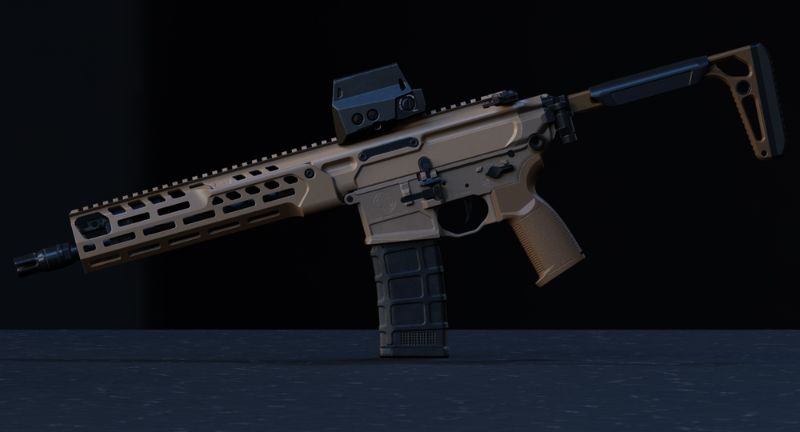
Shutterstock
Gun rights groups argue that semi-automatic weapons like the AR-15 are among the most popular firearms in America and are protected by the Second Amendment. They claim Maryland’s ban infringes upon citizens’ constitutional rights, especially following recent Supreme Court rulings expanding gun rights. On the other hand, Maryland’s defense highlights the dangerous nature of these weapons, citing their use in numerous mass shootings. The state believes such regulations are necessary for public safety.
Impact of the Supreme Court’s Decision
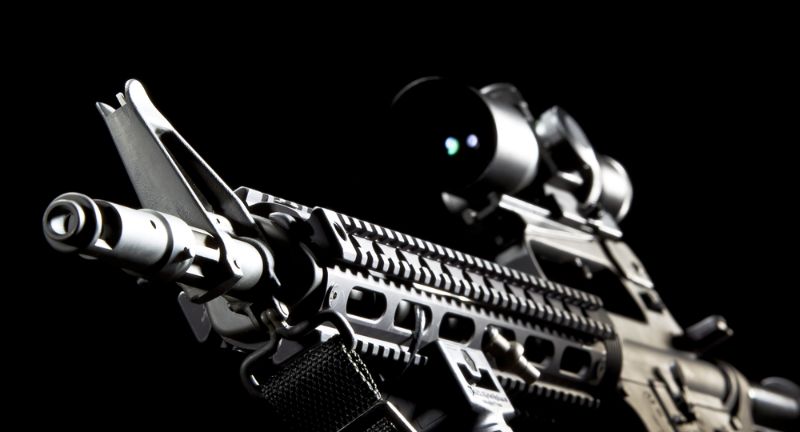
Shutterstock
The Supreme Court’s refusal to hear the case leaves Maryland’s ban on assault weapons in place, influencing future gun legislation and court cases. This decision may encourage other states to implement similar laws, reinforcing a patchwork of gun regulations across the country. For gun control advocates, it’s a victory that supports stricter measures to combat gun violence. However, gun rights supporters view it as a setback in their fight to protect Second Amendment rights.
Future Implications for Gun Laws
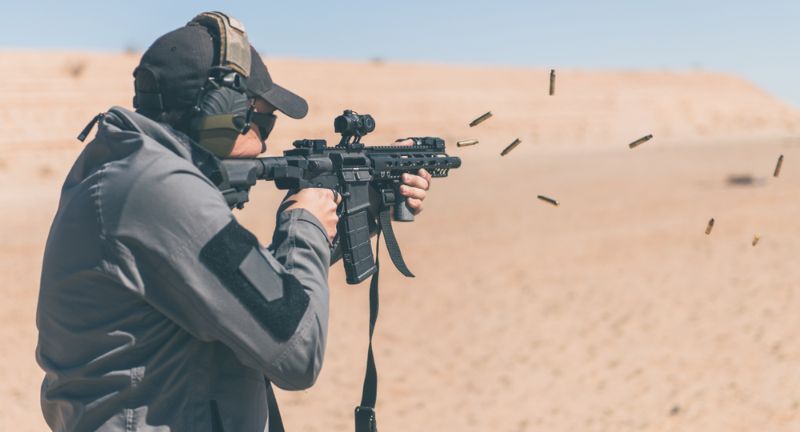
Shutterstock
As the legal process continues, the Supreme Court’s decision may set a precedent for future cases involving assault weapon bans. States with similar laws will closely monitor the outcome, potentially shaping their legal strategies. The decision also places pressure on lower courts to thoroughly evaluate the constitutionality of such regulations. Ultimately, this case could influence national policies on gun control and Second Amendment rights for years to come.
Public Safety vs. Second Amendment Rights

Shutterstock
The tension between public safety and Second Amendment rights remains at the heart of the gun control debate. Supporters of the ban argue that it is necessary to prevent mass shootings and save lives. Opponents contend that it infringes upon the constitutional rights of law-abiding citizens. This fundamental conflict continues to shape discussions and legal battles over gun legislation in the United States.
Reactions from Gun Control Advocates

Shutterstock
Gun control advocates have welcomed the Supreme Court’s decision as a positive step towards reducing gun violence. They argue that restricting access to assault weapons is crucial for public safety and preventing mass shootings. Advocacy groups continue to push for similar legislation in other states, seeing the decision as a validation of their efforts. This support underscores the ongoing demand for stricter gun control measures nationwide.
Responses from Gun Rights Advocates

Shutterstock
Gun rights advocates have expressed disappointment over the Supreme Court’s decision, viewing it as a setback for Second Amendment protections. They argue that the ban on assault weapons unfairly targets law-abiding gun owners and does little to prevent crime. These groups are likely to continue their legal battles, challenging similar laws in other states. Their persistent opposition highlights the deeply divided views on gun control in America.
Comparison with Other States’ Laws

Shutterstock
Maryland’s ban on assault weapons is one of several similar laws enacted across the United States. States like California, New York, and Connecticut have also implemented strict gun control measures aimed at reducing gun violence. These laws vary in specifics but share a common goal of limiting access to dangerous firearms. The Supreme Court’s decision may influence how other states enforce and defend their gun control regulations.
Legal Precedents and the Second Amendment
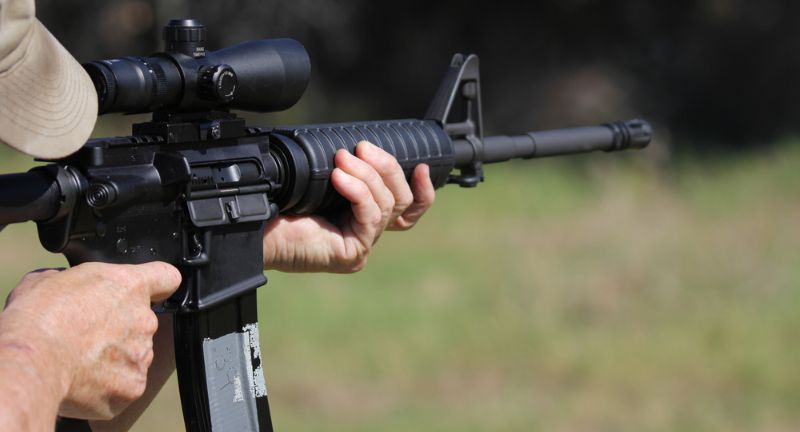
Shutterstock
The Supreme Court’s recent rulings on gun rights have set important legal precedents that continue to impact ongoing cases. The 2022 decision expanding Second Amendment protections has led to increased scrutiny of existing gun laws. Maryland’s case adds to the growing body of legal challenges seeking to balance gun control with constitutional rights. These precedents will be crucial in shaping future court decisions on similar issues.
Maryland’s Defense and Justification

Shutterstock
Maryland’s defense of its assault weapons ban centers on the argument that these firearms pose a significant threat to public safety. The state highlights the use of such weapons in mass shootings as a justification for the ban. By restricting access to these guns, Maryland aims to reduce the likelihood of similar tragedies. The state’s position reflects a broader effort to implement preventive measures against gun violence.
Potential Impact on Future Legislation
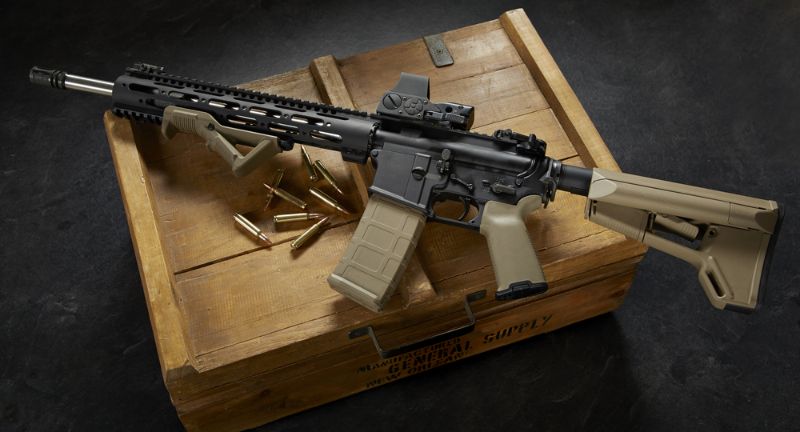
Shutterstock
The outcome of Maryland’s case may influence future legislative efforts aimed at gun control. Lawmakers in other states are likely to watch the developments closely, potentially using the case as a model for their own regulations. The decision also sends a message to Congress about the judiciary’s stance on gun control. As debates continue, this case could play a pivotal role in shaping national policies and laws.
Role of Advocacy Groups
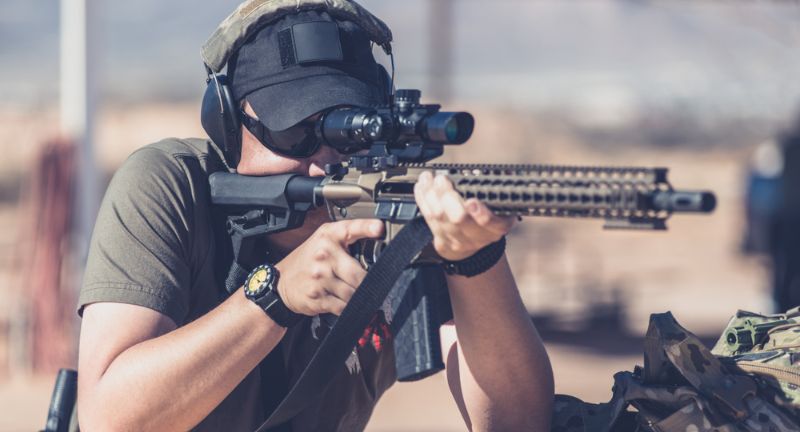
Shutterstock
Advocacy groups on both sides of the gun control debate play a crucial role in shaping public opinion and influencing legislation. Gun control organizations push for stricter laws to enhance public safety, while gun rights groups defend the Second Amendment. These organizations engage in lobbying, legal battles, and public awareness campaigns. Their efforts significantly impact the direction and intensity of the gun control debate in the United States.
Historical Context of Assault Weapon Bans
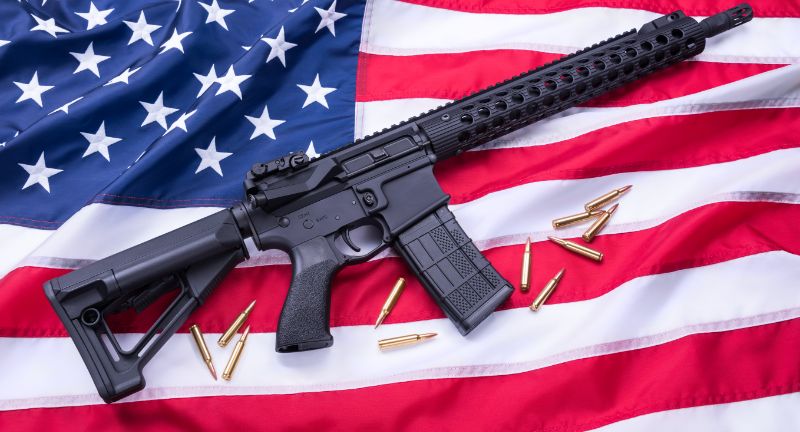
Shutterstock
Assault weapon bans have a contentious history in the United States, with federal and state laws enacted and challenged over the years. The federal assault weapons ban of 1994, which expired in 2004, was a significant legislative effort to curb gun violence. State-level bans, like Maryland’s, have sought to continue these efforts despite varying levels of public and legal support. Understanding this historical context is crucial for comprehending the current legal and political battles over gun control.
Conclusion
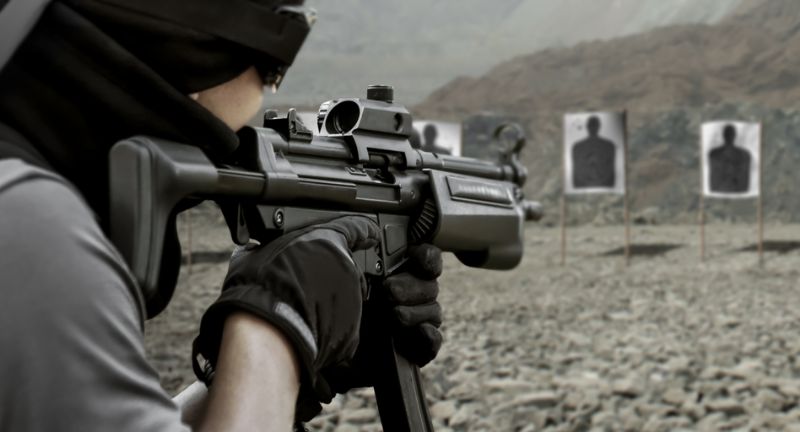
Shutterstock
The Supreme Court’s decision not to hear the challenge to Maryland’s assault weapons ban highlights the ongoing complexity of gun control issues in the United States. While the law remains in effect, the legal battles are far from over, with potential future Supreme Court involvement. This case underscores the tension between public safety concerns and Second Amendment rights, a balance that continues to evolve. As the debate progresses, the implications for national gun legislation remain significant and far-reaching.
































